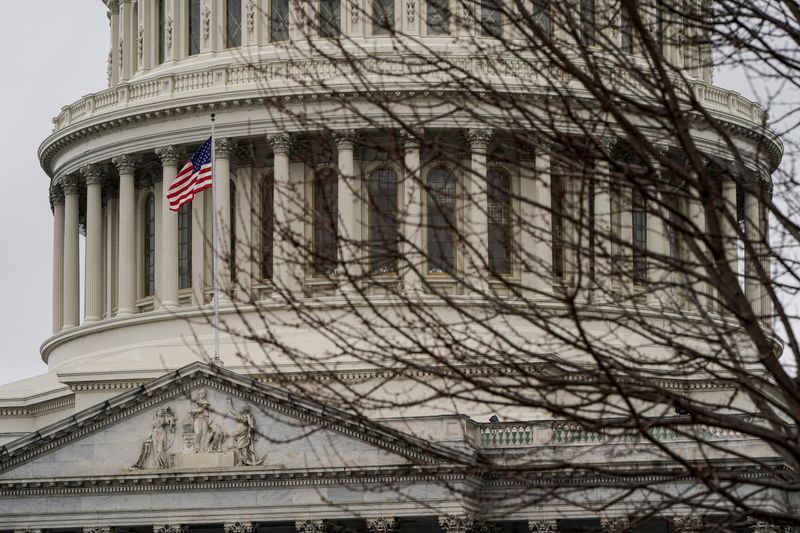By Susan Cornwell
WASHINGTON (Reuters) - A handful of U.S. lawmakers have a unique argument for asking President Donald Trump not to slash the food stamp program - they themselves once relied on it.
The Republican president this week proposed $15 billion in cuts to the $71 billion Supplemental Nutrition Assistance Program (SNAP), commonly called food stamps, as part of his $4.8 trillion budget plan.
Trump argues that many Americans receiving food stamps do not need them, given the strong economy and low unemployment. His administration already has tightened eligibility guidelines for the food assistance program.
In their letter to Trump, nine Democratic lawmakers said they had each participated in the program "during times of financial struggle for our families."
Representative Raja Krishnamoorthi said he was a toddler when his parents, immigrants from India, received food stamps for a couple of years in the 1970s.
"My parents don't like to talk about it," he said. Krishnamoorthi's father was an engineering student in New York, whose job as a teaching assistant did not pay much. When that was suspended, "things were really rough" for them, he said.
Asking the administration to "remove all intended cuts" to the program, the lawmakers said in their letter: "We are writing today on behalf of the over 36 million American families who currently depend on SNAP, like ours once did, to make ends meet and help the next generation achieve upward mobility."
It was signed by Senator Patty Murray and eight House members: Krishnamoorthi, Barbara Lee, Robin Kelly, Rashida Tlaib, Salud Carbajal, Jahana Hayes, Gwen Moore and Alma Adams.
Trump's proposals for food stamp cuts are not expected to pass. Even when Republicans controlled both houses of Congress, the administration could not get lawmakers to approve them, and Democrats now control the House of Representatives.
But the Trump administration has already stiffened eligibility guidelines for food stamps, a move projected to end benefits for nearly 700,000 people.
Krishnamoorthi said it was important to send a message to the Trump administration that "you really are touching on a support system that a broader swath of society utilizes than you may think."
The congressman said he did not have a memory of the food stamps, "but I remember I was not hungry."
